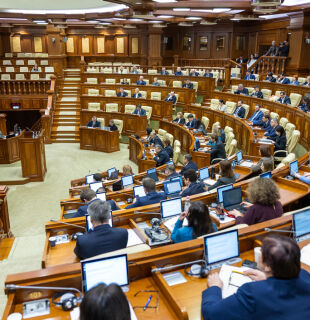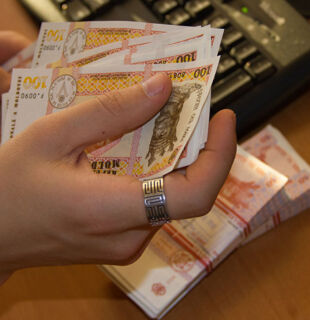
Corina Alexa
In order to take advantage of it, small producers must comply with quantitative restrictions. Namely: the maximum volume of products sold in the last year must not exceed 200. 000 hectoliters (hl), wine – 1. 000 hl, fermented beverages other than beer and wine – 15. 000 hl, for pure alcohol – 10 hl (1 hectoliter equals 100 liters).
For small producers, excise taxes represent a burden that affects their profitability. Reducing the rates will improve their competitiveness in the market, the explanatory note to the draft says. In addition, a more favorable tax environment may encourage small producers to invest in new technologies, diversify products and meet specific market needs.
This and other innovations are included in the draft amendments to Title IV of the Tax Code, which deals with excise taxes. The Ministry of Finance has drafted the document and posted it on its website for public consultation. This is the first draft to be adjusted and will enter into force after Moldova’s accession to the EU. As expected in 2030.
The changes to the tax legislation are being undertaken as Moldova gradually harmonizes its national legislation with the European one. Their authors note that harmonization of excise duties in Moldova is expected to be partial. The annex to the draft sets out the rates for all excisable goods that will apply after the amendments come into force.
Thus, the excises on alcoholic beverages will reach the minimum level established in the EU, except for the excises on apple and pear cider. At the moment they are above the minimum. The rates on oil products and energy resources are also expected to reach the minimum level set in the EU. A separate draft will be developed for them, which the Ministry of Finance will present at the end of this year.
The level of excise duties on tobacco products has not yet reached the minimum level. But the rates are gradually increased every year, taking into account the economic situation, the purchasing power of the population and such factor as smuggling, said Corina Alexa, head of the General Directorate for Tax and Customs Policy of the Ministry of Finance. The increase of excise rates on tobacco products will provide additional revenues to the state budget in the amount of 62,472,042 lei.
Another innovation is that the excise tax on tobacco products will be calculated according to a different formula. And the new tobacco rates will be implemented annually not on January 1, as it happens today, but on April 1. In 2027, tobacco rates will reach the minimum limits as planned in the tax calendar.
In addition, the draft provides for a number of new rules and definitions that will apply to the administration of excise taxes. In general, it will be simplified, the authors of the amendments claim. The document also includes an article on violations arising from the movement of excisable goods. Clarifications are prescribed as to where a company is obliged to pay excise duty in such cases.
The concept of a mechanism for suspending payment of excise duty is introduced. This is a regime applied in the production, processing, storage, warehousing or transportation of excisable goods, under which excise duty is suspended and it is collected at the time of release of goods for consumption, and not at intermediate stages. An integrated electronic system for the movement of excise goods between Member States is also envisaged. This will help reduce bureaucracy and minimize administrative costs for businesses.
However, adapting to the new digital standards will require investment in IT systems and staff training. In addition, products that are imported under the excise duty suspension regime must be covered by monetary guarantees. Similar to those that are currently required for all goods administered by customs.













